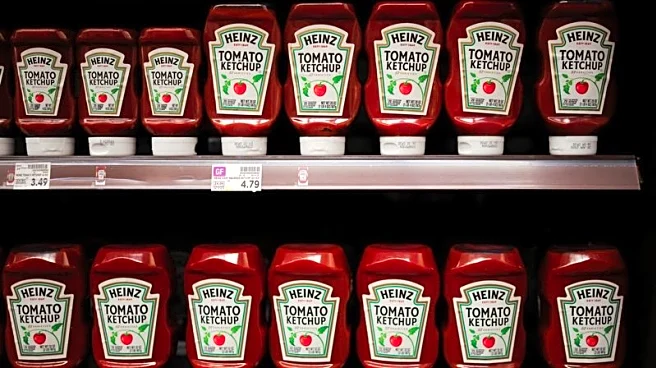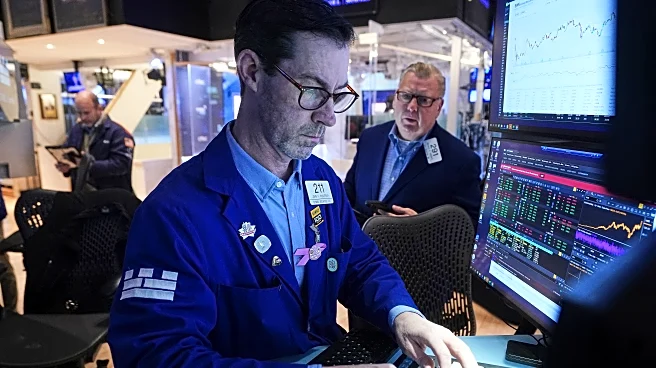What's Happening?
A recent incident in Malaysia has highlighted the growing issue of AI-generated content misleading travelers. An elderly couple from Kuala Lumpur was drawn to a supposed cable car ride, the 'Kuak Skyride,' in Kuala Hulu, after watching a convincing TikTok video. The video, featuring a fake reporter and synthetic landscapes, was entirely AI-generated, leading the couple to a non-existent destination. This incident underscores the increasing prevalence of deepfakes in the travel industry, where AI-created videos and images promote phantom destinations, tours, and landmarks. The rise in deepfake technology has made it challenging for travelers to distinguish between real and fabricated experiences, leading to potential financial loss and disappointment.
Why It's Important?
The proliferation of deepfake technology in the travel industry poses significant challenges for both consumers and businesses. As AI models become more sophisticated, the ability to create realistic yet fake travel experiences increases, potentially leading to widespread fraud. This can result in wasted resources for travelers and damage to the reputation of legitimate travel agencies. Moreover, the trend of 'selfie tourism' driven by social media has already strained ecosystems and local communities, and the addition of AI-generated content could exacerbate these issues. The need for robust verification systems and increased consumer awareness is crucial to prevent deception and protect the integrity of the travel industry.
What's Next?
In response to the growing threat of deepfake deception, social media platforms like TikTok and Instagram are enhancing their AI detection measures. Travel agencies worldwide are beginning to implement content verification programs to ensure authenticity. Additionally, awareness campaigns are being launched to educate travelers on how to identify fake content, encouraging them to verify claims with reliable sources and develop a habit of skepticism. These steps are essential to safeguard consumers and maintain trust in the travel industry, as AI technology continues to evolve.
Beyond the Headlines
The use of AI-generated travel personalities and influencers is becoming more common, with organizations experimenting with these digital figures to promote destinations. While innovative, this practice raises ethical concerns about the authenticity of travel promotions and the potential for misleading consumers. As AI technology advances, the line between reality and fabrication becomes increasingly blurred, prompting discussions on the ethical implications of using AI in marketing and the need for transparency in digital content.












